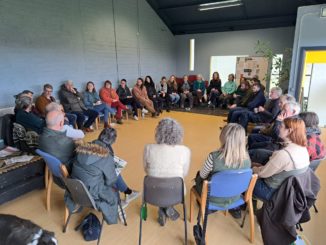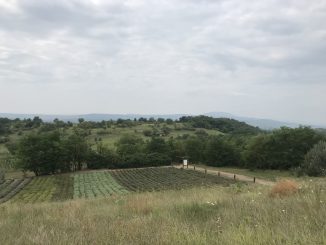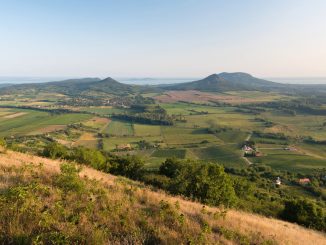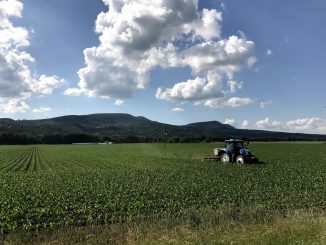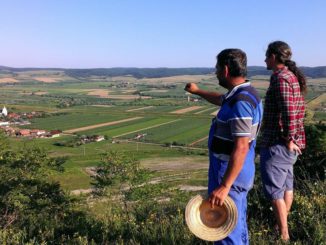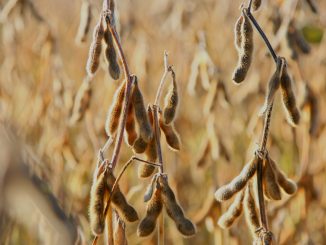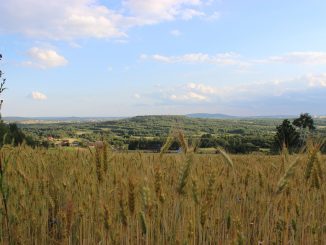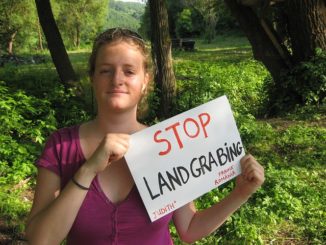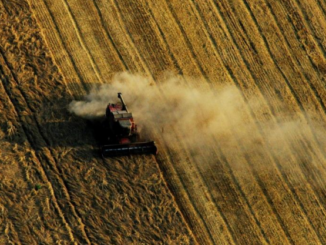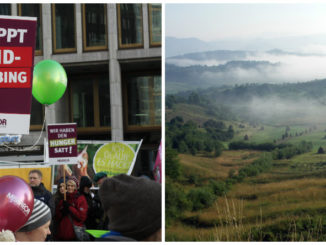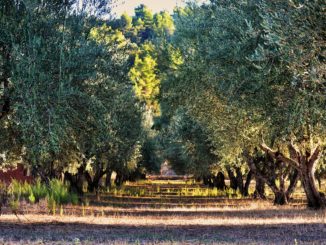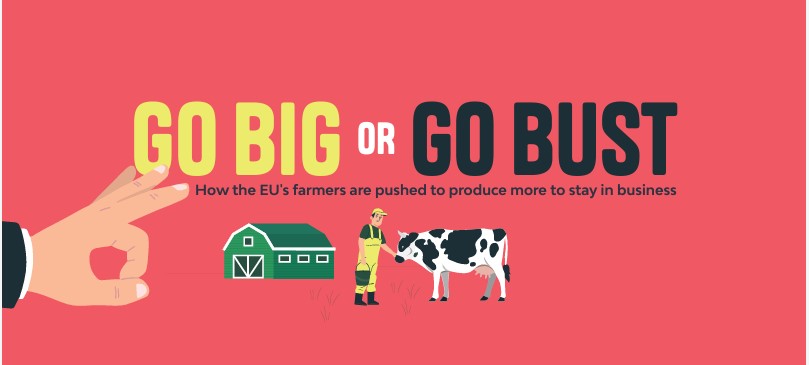
Op-Ed: Time for a Rethink to Reverse the Rapid Decline of Farming in Europe
A new study from the Greenpeace European Unit – Go Big or go Bust shows just how rapidly farming in Europe is going in a particular trajectory. Simply put, small farm are disappearing, and large farms are both getting bigger and are getting more economically dominant. These socio-economic realities contribute to social unrest and farmer’ protests. So far, the European Institutions have reacted in a knee jerk manner to protests, and have not addressed these underlining causes. Instead, Marco Contiero (EU Policy Director on Agriculture at the Greenpeace European Unit) argues in this op-ed that a better resourced system must put in place to encourage a transition towards a truly sustainable farming system. […]



